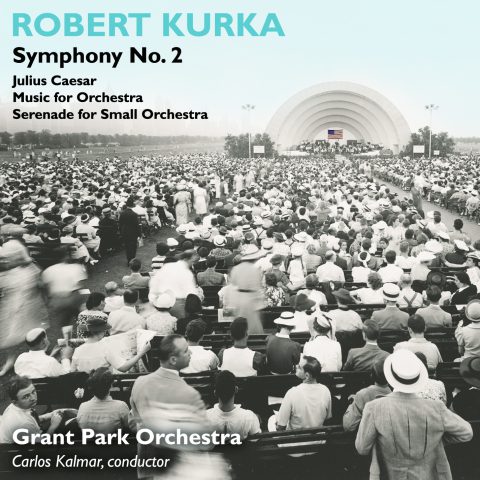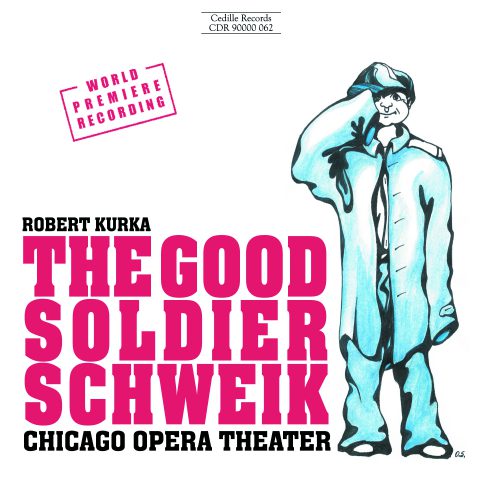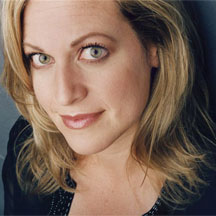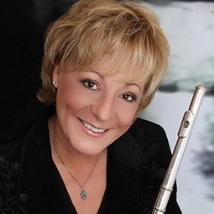Artists
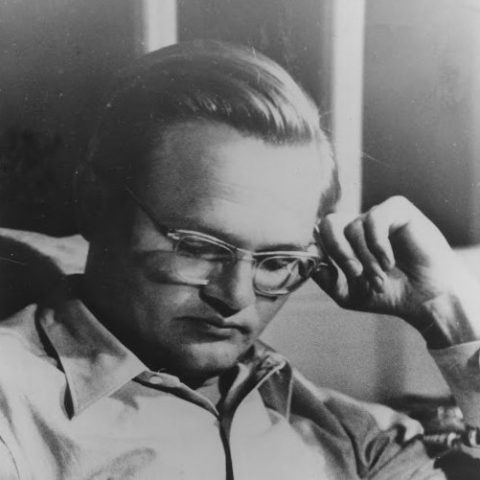
Artists
Robert Kurka
ComposerAn American composer whose untimely death cut short a promising career. Kurka’s opera The Good Soldier Schweik is one of the most important American works in this genre.
Robert Kurka, of Czech descent, was born in Cicero, Illinois (just outside Chicago) on December 22, 1921. He attended Columbia University, but was largely self-taught in composition, studying only briefly with Otto Luening and Darius Milhaud. After graduating from Columbia in 1948, Kurka taught at the City University of New York and Queens College, served as composer-in-residence at Dartmouth College, and composed to growing acclaim. He received a Guggenheim Fellowship in 1951, after completing a chamber symphony, a symphony for brass and strings, a violin concerto, four string quartets, two violin sonatas, and several other works. An award from the National Institute of Arts and Letters came the following year. In 1952, he began an opera based on Jaroslav Hasek’s satirical novel The Good Soldier Schweik, but had difficulty securing rights to make a libretto from it, so instead worked his sketches into the orchestral suite that has become his best-known composition. Eventually he proceeded with the opera, but he was stricken with leukemia as he worked on the score. He was able to finish it sufficiently before his death in New York on December 12, 1957 – ten days before his 36th birthday – that composer and arranger Hershy Kay could prepare the work for its premiere, given with considerable success by the New York City Opera on April 23, 1958. The declaration accompanying an award Kurka received from Brandeis University on May 5, 1957 (seven months before his death) proved sadly ironic: “To Robert Kurka, a composer at the threshold of a career of real distinction.”
